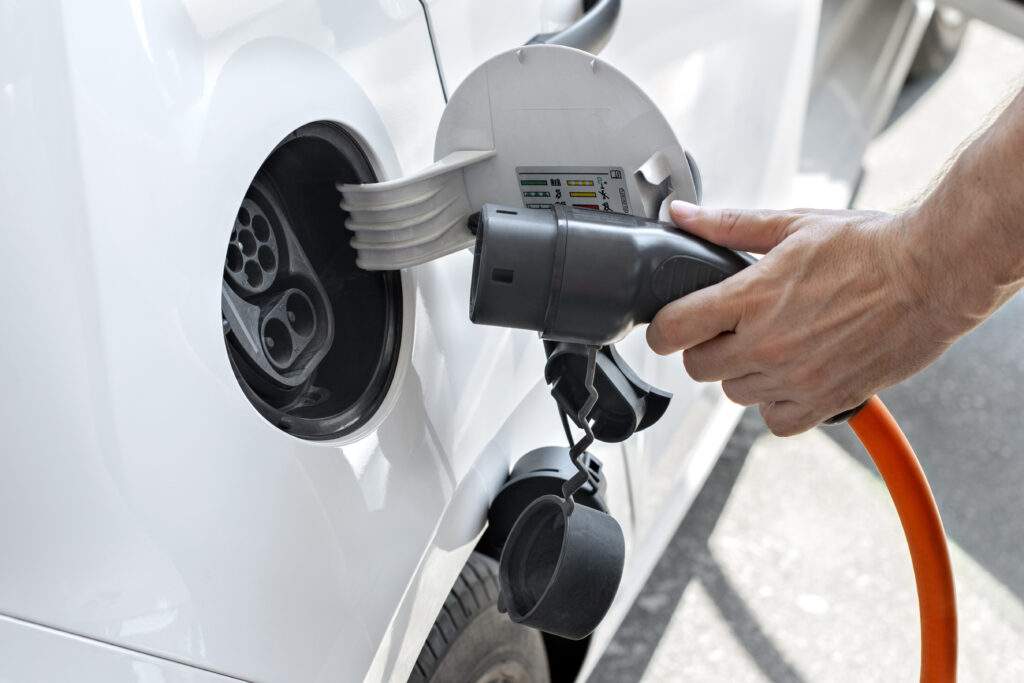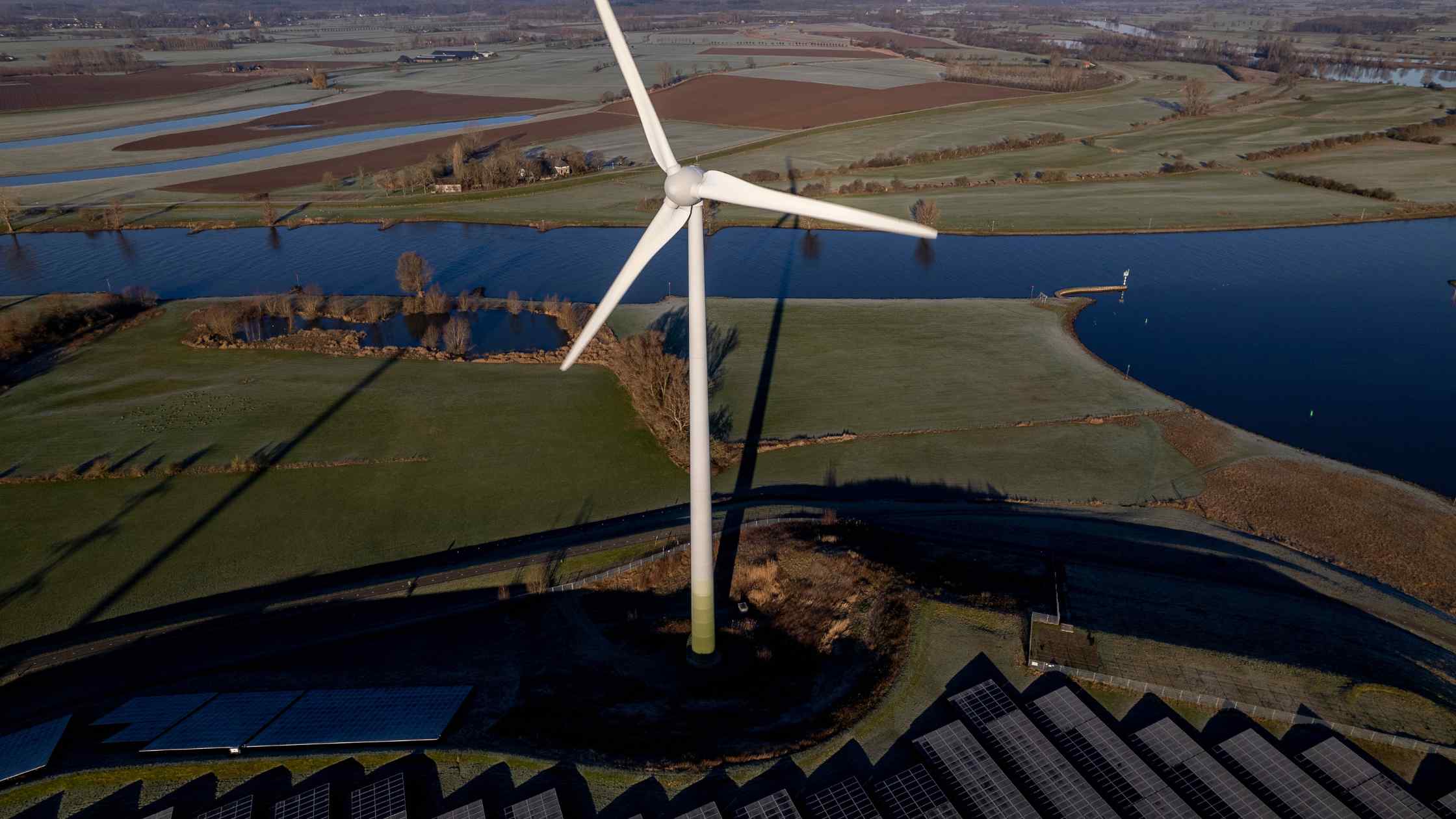
Are electric vehicles truly eco-friendly? What’s the whole truth?
Discover the truth about electric vehicles (EVs) and their impact on the environment. Learn about the types of EVs, their advantages, and how they contribute to reducing carbon emissions and promoting sustainability.
Vehicles that are fully or partially powered on electric power are known as electric vehicles. While they still haven’t been able to solidly establish themselves in the Indian market, we are getting there, one step at a time. One of the major advantages of switching to electrical vehicles is that they have low running costs and are environmentally friendly as they use very little fossil fuel that is petrol or diesel.
The different types of electrical vehicles are:
- Hybrid Electric Vehicles
- Plug-In Hybrid Electric Vehicles
- Battery Electrical Vehicles
Hybrid electric vehicles are the combination of a conventional internal combustion engine and an electric propulsion system. Most of the work is done by the internal combustion engine, while the electric motor increases the fuel economy.

These vehicles cannot plugin and recharge from the grid so what they do is use their internal combustion engines and regenerative braking systems to recharge their propulsion vehicle batteries. However, some vehicles propel for a few feet but at low speed.
The advantage of Hybrid electric vehicles is that they have a better fuel economy. However, the initial purchase cost of these vehicles is quite high.
Plug-In Hybrid vehicles have large batteries and can be easily plugged in to charge. Due to the larger batteries, they can propel the vehicle for a longer period. This can be the best choice for the consumer who travels frequently for long distances.
Battery electric vehicles are entirely operated by batteries. The main advantage of these vehicles is that they are very simplified and the maintenance is very less. Charging the batteries in these vehicles is very important so you can enjoy the whole of it.
Let us see how electric car production affects the environment?
As we know that the production of electric cars does not require a lot of energy, even if we are thinking about the manufacturing of the battery. Still, it will be a greener option as the emission will be reduced to a great extent along their lifecycle. Today, we live in a tech-savvy world, and the new technologies are rising very fast to make way for the reuse of batteries. It has been found that the carbon emissions of an electric car are around 17 – 30% less and also the emissions are also reduced because of the usage of low carbon electricity.
So, are electric vehicles really a boon for the environment?

Now, in Plug-in hybrids, they are combined with an electric motor with a traditional fuel engine and during the drive, they produce some emissions. What happens is the green credentials depend on the amount of journey driven on electric miles and the way the vehicles are charged. The owners or the drivers need to choose a form of renewable energy where they contribute to reducing emissions. We can come to the conclusion that electric vehicles do have a major role in the cleansing of the environment and allowing us to breathe in the pollution-free atmosphere to a great extent.
There has been great progress that the electric vehicle industry has been because of the extreme importance to reduce the increasing global greenhouse gas levels. The main benefits of the electric car.
- There is no requirement for fuel so you can save money.
- They are eco friendly.
- The maintenance is very low.
- They offer better performance and are more efficient.
Due to all these reasons mentioned we can conclude that, yes, electric vehicles are a boon for the environment.





